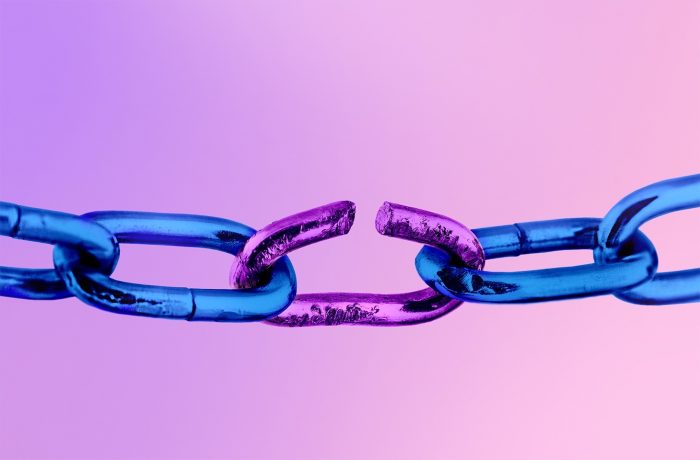
Is your printer informing on you to the police?
Wi-Fi sensing lets you monitor motion in your home – without cameras or motion sensors. We weigh the pros and cons of this increasingly popular technology.
126 articles

Wi-Fi sensing lets you monitor motion in your home – without cameras or motion sensors. We weigh the pros and cons of this increasingly popular technology.

Why advanced attackers are interested in your home Wi-Fi access points, and how they maintain control over your devices.

How cybercriminals can exploit your online store — and how to stop them.

We’ve launched the Kaspersky eSIM Store — an easy way to buy and activate eSIM cards, giving you instant cellular internet access in over 150 countries and regions worldwide.

Scammers are promising compensation from a bank to all comers — with no exceptions — and to boost their credibility they’ve even rolled out a deepfake newscast generated by AI.

Our experts at GReAT have uncovered a dangerous vulnerability in a smart-home control app that allowed attackers to disable physical security systems.

A year after its disastrous announcement, Microsoft is finally launching its AI-powered Recall feature on Copilot+ PCs. Is the new version secure, and what’s actually changed?

How the situation with ransomware attacks on companies has changed, and why paying a ransom has become an even worse and more useless idea in 2025.

Why highlighted links to visited sites can be dangerous, and why a solution was over 20 years in the making.

Archives are being used in targeted phishing and other attacks on organizations. What tools, settings, and policies can mitigate the threat?

A security researcher has investigated his own smart mattress cover, discovering several ways to hack it — including through a backdoor preinstalled by the developer.

Reasons for updating your ESXi infrastructure ASAP, and enterprise threats that VM escape poses.

We’ve added technology that checks QR codes in emails for phishing links.

We break down the most covert mechanism of smartphone surveillance using real-life examples.

A step-by-step guide to scanning disk arrays weighing tens of terabytes with the aid of Kaspersky products.

Hundreds of new gadgets and smart appliances are traditionally unveiled every January at the Consumer Electronics Show in Vegas. How will they affect our cybersecurity?

Mistakes to learn from in 2024 – and resolutions for a safer 2025.

How to estimate what and how much hardware will be needed for a SIEM system to assess the costs before deployment?

The best privacy-focused services that make practical gifts for friends and family.

What IT and cybersecurity leaders need to know about implementing network detection and response.